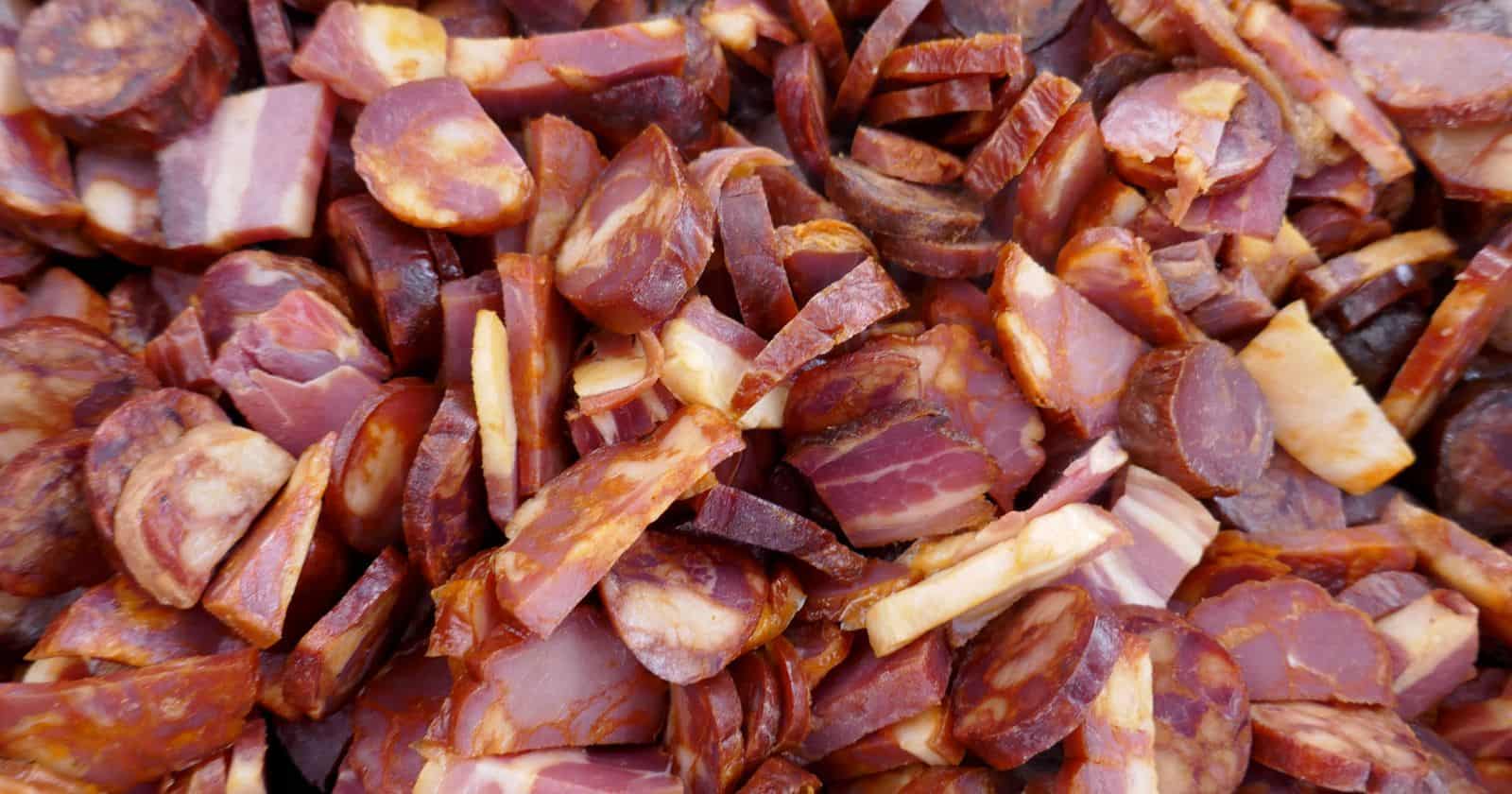If you love exploring new cuisines, you may be wondering if Portuguese food packs a spicy punch. With its Mediterranean flair and unique blend of flavors, Portuguese cuisine offers a tasty culinary adventure. But is it spicy?
A Cuisine Built on Quality Ingredients
Portuguese cooking focuses on high-quality ingredients rather than excessive spiciness. The goal is to allow the natural flavors of fresh fish, meat, vegetables, and herbs to shine through. Portuguese chefs expertly combine ingredients to create depth of flavor.
Spices play a supporting role, enhancing other ingredients rather than overpowering them. Here are some examples:
- Onions, garlic, and olive oil form the flavor base for many dishes.
- Bay leaves add an earthy, subtle bitterness.
- Paprika provides a touch of sweetness and a vivid red color.
- White wine brightens seafood stews and vegetable dishes.
So while spices are used in Portuguese food, they take a back seat to the star players.
The Mediterranean Influence
Portugal’s coastal location means seafood is abundant. Fresh sardines, cod, octopus, and clams star in classics like caldeirada (fish stew). Olive oil and vinegar dressings allow the sea’s bounty to shine.
Portugal also has a sunny climate perfect for growing flavorful tomatoes, onions, garlic, squash, eggplant, and leafy greens. These vegetarian ingredients find their way into soups, stews, and meat dishes.
The Mediterranean climate means pungent spices aren’t needed to add lots of flavor. The mild year-round weather results in mellower, subtler dishes.
The Rich Flavors of Meat
While seafood is plentiful, the Portuguese also love pork, beef, and poultry. Savory pork and chicken dishes are flavored with spices like paprika, cumin, and cinnamon. But those warming spices tenderize and add subtle flavor without much bite.
Smoked sausages and hams are popular, but they offer robust, meaty taste rather than
The Portuguese Love of Bread
Bread is a Portuguese food staple. Meals feature hardy homemade bread on the side for dipping in flavorful sauces and stews. As a filler, bread allows meat and vegetables to play a supporting role rather than the main event.
This ties back to the Portuguese focus on quality over quantity. A little meat or seafood goes a long way when accompanied by bread. There’s no need to
The Story of Piri Piri Chili Peppers
The one exception to mild Portuguese cuisine is the renowned piri piri chili pepper. Portuguese explorers returning from Africa in the 15th century brought back these tiny but incendiary hot peppers. They took root on Portuguese farms.
Piri piri peppers can turn up the heat in:
- Piri piri chicken: Chicken is marinated and basted with a sauce of hot peppers, garlic, olive oil, and lemon juice.
- Piri piri prawns: Prawns are sautéed in olive oil with piri piri sauce and served with bread.
- Pork alentejana: Pork is cooked with clams, piri piri sauce, white wine, cilantro, and garlic.
But traditional Portuguese chefs use just enough piri piri to add a touch of fire. Piri piri enhances flavor instead of overwhelming it.
Regional Variations
While Portuguese cuisine overall isn’t spicy, some regional dishes pack a bit more punch. Here’s a breakdown:
Northern Portugal
- Hearty stews, roasted meats, and potatoes
- Warming spices like paprika and cumin
- Abundant kale, cabbage, and beans
Central Portugal
- Flavorful cheeses and cured sausages
- Salt cod, pork, bread, olive oil
- Onions, garlic, bay leaves prominently featured
Southern Portugal
- Grilled sardines and shellfish
- Moorish influences like cumin, cinnamon, saffron
- More veggies like tomatoes, eggplant, squash
- Piri piri chili peppers occasionally featured
Satisfying a Craving for Heat
The overall mellowness of Portuguese cuisine may leave spicy food fans wanting more excitement. Here are some ways to add your own heat:
- Top dishes with piri piri sauce or harissa paste
- Add crushed red pepper flakes or cayenne pepper
- Serve with fresh sliced chili peppers on the side
- Add jalapeños or habanero peppers to soups and stews
- Splash hot sauce like Tabasco onto meat and seafood
- Stir in curry powder or garam masala for an Indian kick
- Swap mild paprika for smoked paprika or Hungarian paprika
So feel free to turn up the heat to suit your tastes!
In Conclusion
While Portuguese cuisine isn’t known for being spicy, it still satisfies with its fresh ingredients, robust flavors, and artful combinations. A touch of heat from piri piri peppers occasionally makes an appearance. But overall, Portuguese cooking spotlights quality ingredients rather than excessive
Give Portuguese food a try if you enjoy:
- Fresh, mild seafood stews and grilled fish
- Hearty roasted and braised meats
- Abundant vegetables and greens
- Warming but mild spices like paprika, cumin, and cinnamon
Add your own heat to this delicious Mediterranean-inspired cuisine. Then sit back with some local wine, fresh-baked bread, and olive oil as you enjoy the flavors of Portugal.





